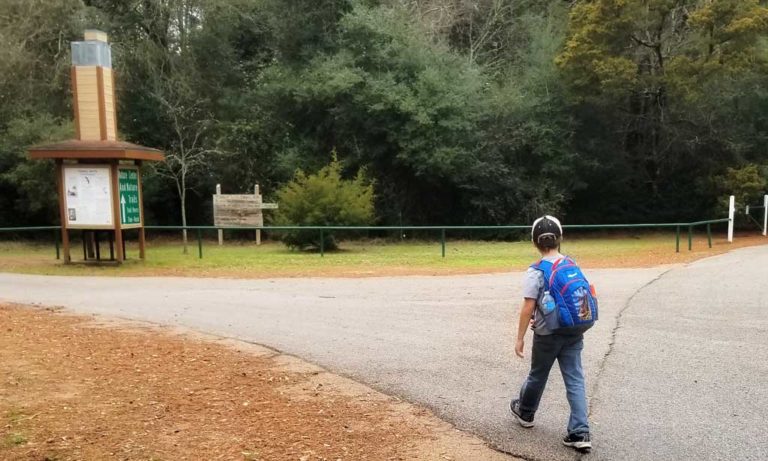7 Simple Ways to Teach Children Gratitude
Gratitude is a spirit of thankfulness and being grateful. During this time of year, it is shared with overwhelming alacrity. Gratitude can be contagious – people “pay it forward” and dig a little deeper. Our nightly news stories shift to stories of positivity and highlight the good in humanity.
But, it can also shine a spotlight on our own prosperity and how it comes into stark contrast with those who are less fortunate. We, parents, often want to help our children understand that they won the lottery just by being born into a country brimming with the spirit of hope, independence, and opportunity. How can they appreciate it all?
How do I help my Children Express Gratitude?
Many aspects of gratitude will grow with mental maturity. If you have very young children you teach them manners and please and thank you. This is how it will go with gratitude. You are planting seeds. If you continue to feed and water them gratitude will naturally sprout and grow beautifully.
- Be an example. Children are always watching. If you show gratitude and appreciation they will mirror you. It may take longer than you like and will likely involve a few embarrassing hiccups, but consistency is the key.
- Volunteer. Many children, particularly younger, are not allowed to volunteer in more mainstream ways but kids as young as six can work at the Food Bank. They can also organize a collection to donate to a food bank. For a little furry fun (what kid does not love animals?!) your family could become a foster for an animal rescue. If that is too much they could organize a collection for items the rescue may need such as food and blankets.
- Blessing Bags for the Homeless. Make small bags full of toiletries for the homeless. Shop the travel aisle or take them to the dollar store and pick out basic toiletries. Explain to them everyone does not have these things. You can distribute these yourselves or contact a local ministry and work with what they specifically need.
- Express Gratitude. Each night as a family you can reflect on your day and talk about what you are thankful for or happy about. Teach children to focus on the positive. Bedtime prayers are a great time to do this.
- Start Small. Even on your worst days, there is something to be thankful for and it is okay to grasp what is attainable. That the sun is shining or we all made it to bedtime can be enough.
- Find a Cause. Your children will be more likely to be interested if you find a cause they are interested in or relates to them. Find what speaks to them, if they’re into dinosaurs maybe help clean up a park with dino tracks. Like anything or anyone else, if they are interested they will be more likely to “stick” with it.
- Say, “Thank You.” Teaching children to say ‘Thank You’ for things they are given be it presents or help is the simplest way to teach them to express gratitude. This can be a hard one when they are given something they don’t like (like socks for their birthday) or don’t care about (like being given a compliment). We must explain to them that brushing off a compliment is like saying you don’t like someone’s gift. Compliments are gifts freely and easily given and we should appreciate them.
Teaching gratitude is not a simple one day practice but it is one that will pay off. When you practice gratefulness and teach gratitude to your children you are helping them recognize the abundance in their lives as well as appreciate how other contribute. These recognitions lead to an overall feeling of contentment and happiness.






